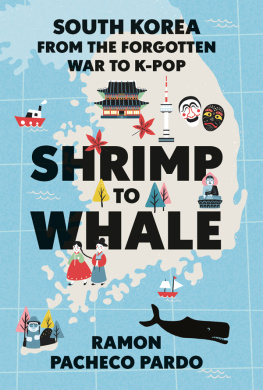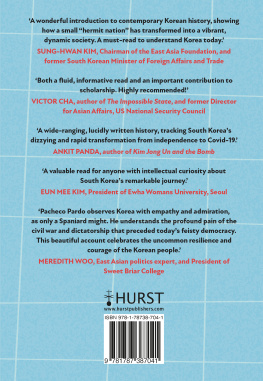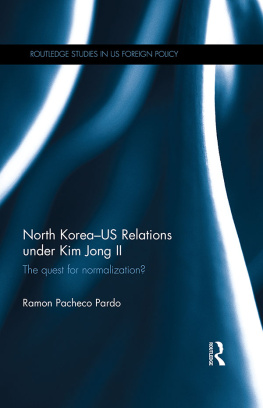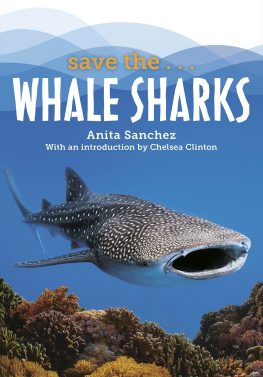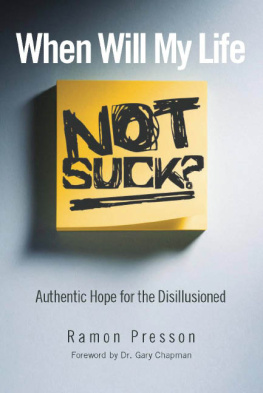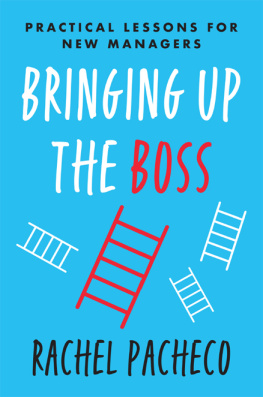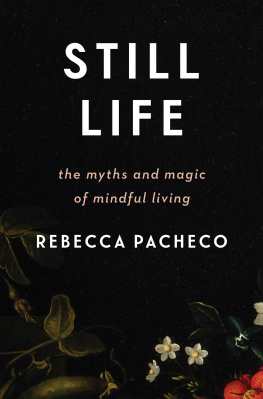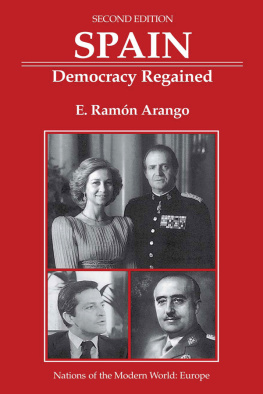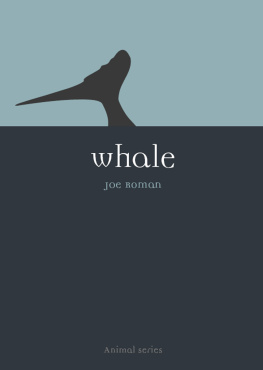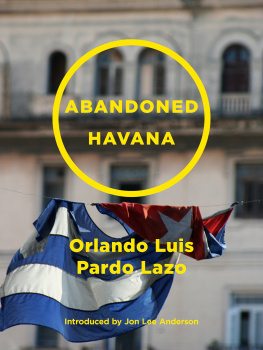Ramon Pacheco Pardo - Shrimp to Whale
Here you can read online Ramon Pacheco Pardo - Shrimp to Whale full text of the book (entire story) in english for free. Download pdf and epub, get meaning, cover and reviews about this ebook. year: 2022, publisher: LightningSource, genre: Politics. Description of the work, (preface) as well as reviews are available. Best literature library LitArk.com created for fans of good reading and offers a wide selection of genres:
Romance novel
Science fiction
Adventure
Detective
Science
History
Home and family
Prose
Art
Politics
Computer
Non-fiction
Religion
Business
Children
Humor
Choose a favorite category and find really read worthwhile books. Enjoy immersion in the world of imagination, feel the emotions of the characters or learn something new for yourself, make an fascinating discovery.
- Book:Shrimp to Whale
- Author:
- Publisher:LightningSource
- Genre:
- Year:2022
- Rating:3 / 5
- Favourites:Add to favourites
- Your mark:
- 60
- 1
- 2
- 3
- 4
- 5
Shrimp to Whale: summary, description and annotation
We offer to read an annotation, description, summary or preface (depends on what the author of the book "Shrimp to Whale" wrote himself). If you haven't found the necessary information about the book — write in the comments, we will try to find it.
Shrimp to Whale — read online for free the complete book (whole text) full work
Below is the text of the book, divided by pages. System saving the place of the last page read, allows you to conveniently read the book "Shrimp to Whale" online for free, without having to search again every time where you left off. Put a bookmark, and you can go to the page where you finished reading at any time.
Font size:
Interval:
Bookmark:

A wonderful introduction to contemporary Korean history. This book shows how a small hermit nation has transformed into vibrant, dynamic society. A must-read for those who want to understand Korea today. Sung-Hwan Kim, Chairman of the East Asia Foundation, former South Korean Minister of Foreign Affairs and Trade
A fluid and informative read. Pacheco Pardos recounting of Koreas remarkable odyssey is accessible to a general audience, as well as an important contribution to the scholarship in the field. Highly recommended! Victor Cha, author of The Impossible State, and former Director for Asian Affairs, US National Security Council
A wide-ranging, lucidly written history. The author tracks South Koreas dizzying and rapid transformation into one of the worlds most notable middle powers and regional dynamosfrom independence to the Covid-19 pandemic. Ankit Panda, author of Kim Jong Un and the Bomb
Pacheco Pardo observes Korea with empathy and admiration, as only a Spaniard might. He understands the profound pain that was inflicted on the Koreans by the civil war and dictatorship that preceded todays feisty democracy. This beautiful account celebrates the uncommon resilience, courage, genius and industry of the Korean people. Meredith Woo, East Asian politics expert, and President of Sweet Briar College
With passion, comprehensive depth and a birds eye view from afar and up close, this is a valuable read for anyone with an intellectual curiosity in South Korea and its remarkable journey, achieving in several decades what has taken others centuries or millennia. Eun Mee Kim, President of Ewha Womans University, Seoul
Since the Korean War, Korea has established itself as a Global Korea. This book introduces Korean politics, economy and democratisation, and the global phenomenon K-pop, which have transformed from shrimps to whales. Pacheco Pardos book will be an insightful guide for the general public as well as experts who seek to gain a deeper understanding of Korea. Sang Hyun Lee, President of the Sejong Institute
SHRIMP TO WHALE
RAMON PACHECO PARDO
Shrimp to Whale
South Korea from the
Forgotten War to K-Pop

HURST & COMPANY, LONDON
First published in the United Kingdom in 2022 by
C. Hurst & Co. (Publishers) Ltd.,
New Wing, Somerset House, Strand, London, WC2R 1LA
Ramon Pacheco Pardo 2022
All rights reserved.
Printed in the United Kingdom
The right of Ramon Pacheco Pardo to be identified as the author of this publication is asserted by him in accordance with the Copyright, Designs and Patents Act, 1988.
A Cataloguing-in-Publication data record for this book is available from the British Library.
This book is printed using paper from registered sustainable and managed sources.
ISBN: 9781787387041
www.hurstpublishers.com
CONTENTS
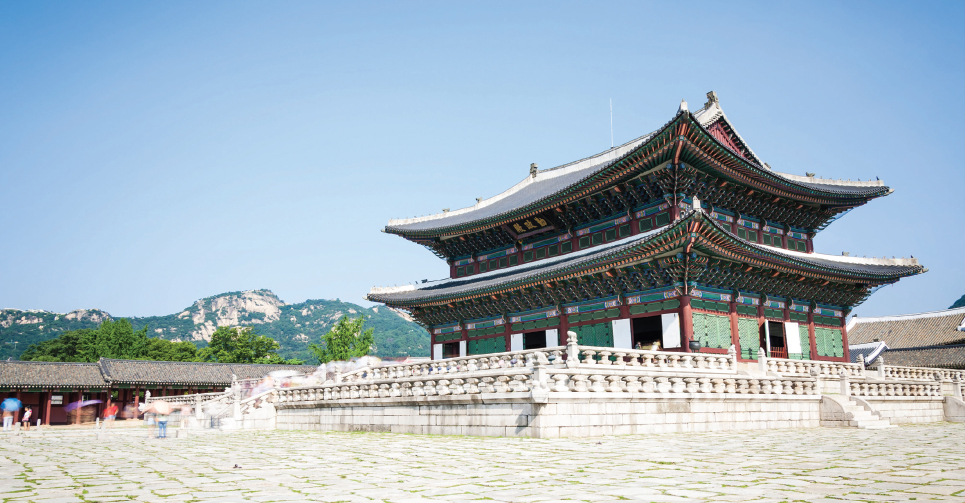
1. Gyeongbokgung, originally built in 1395, was the main royal palace of the Joseon Dynasty, and continues to sit at the centre of Seoul.
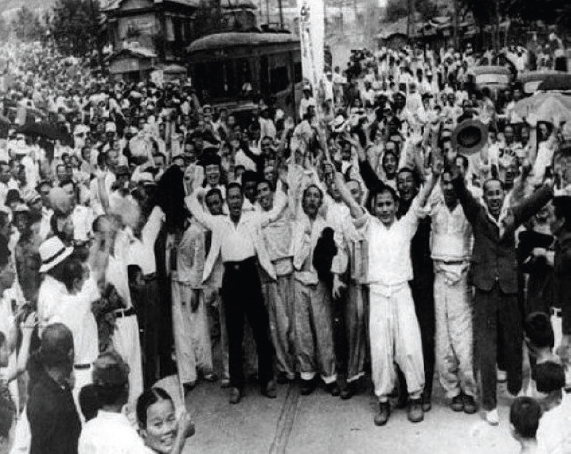
2. Koreans celebrate in the streets of Seoul during Korean National Liberation Day, 15 August 1945. This date marked the end of Japanese occupation and the beginning of the modern history of Korea.
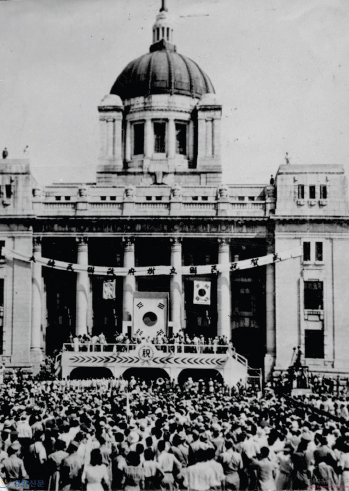
3. Ceremony of inauguration of the Republic of Korea, 15 August 1948, the day South Korea was established.
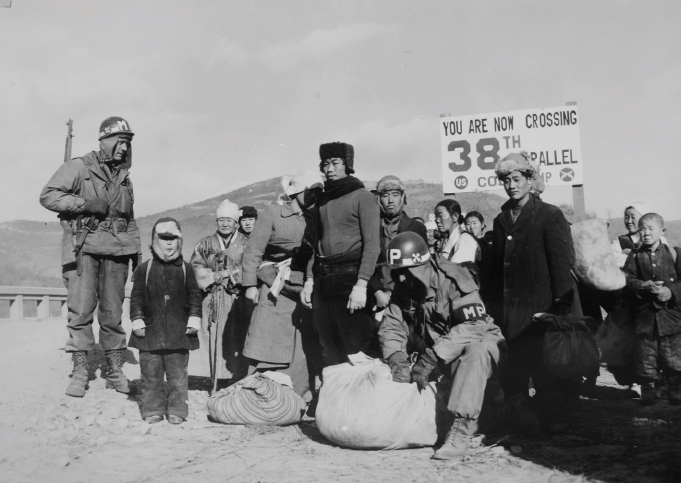
4. Korean refugees crossing the thirty-eighth parallel dividing the two Koreas during the Korean War, 8 December 1950. Drawn by two US army officers, the parallel artificially divided Korea into two and remains the dividing line between them, as of 2022.
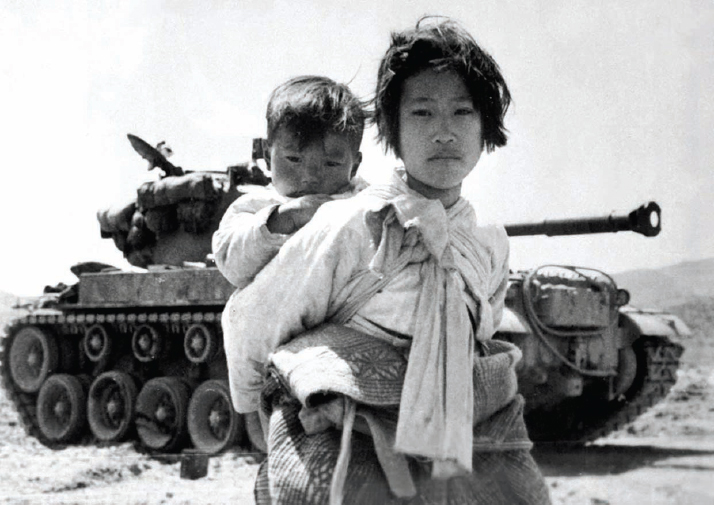
5. Korean War orphans in front of a US M-26 tank, June 1951. One of the most famous pictures of a war that caused one and a half million civilian deaths, over a million military casualties, left hundreds of thousands of orphans and an unknown number injured.
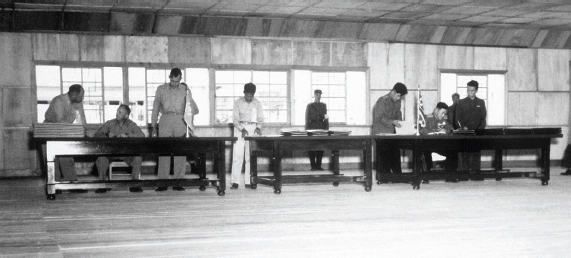
6. Korean War armistice signing, 27 July 1953. The armistice ended the Korean War de facto, but not de jure; the South Korean government refused to sign the armistice in the hope of taking over the whole of the Korean Peninsula.
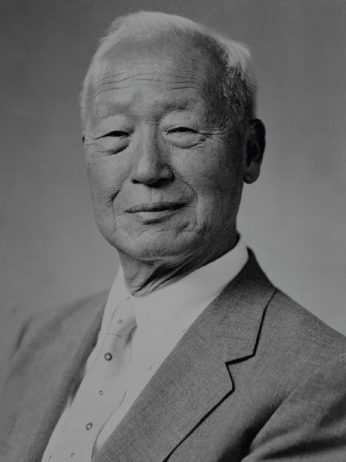
7. Rhee Syngman, first President of South Korea (194860). Initially supported by the US, he won the first elections in Korean history, but his regime turned increasingly authoritarian and he was forced to resign and go into exile.
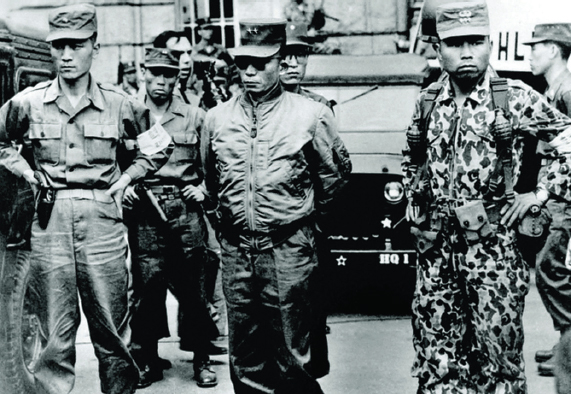
8. Park Chung-hee (centre, wearing sunglasses) and fellow soldiers on the day of their military coup, 16 May 1961. Implicitly accepted by the US, Parks coup put an end to a period of political instability and slow economic growth.
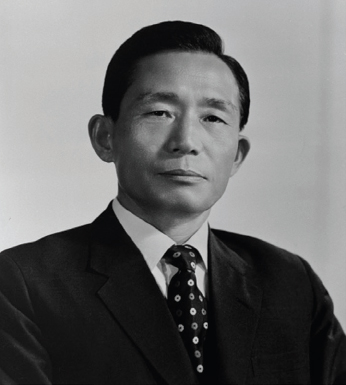
9. Park Chung-hee, third President of South Korea (196179), portrait, 1963. Under Parks leadership, South Korea achieved one of the highest economic growth rates in the world but also became a repressive dictatorship.
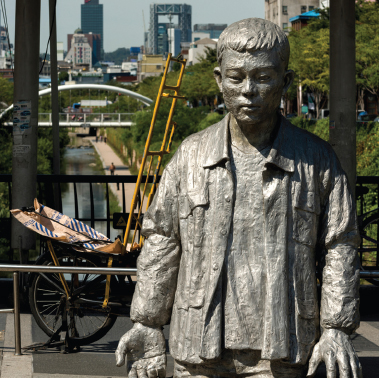
10. Statue of Jeon Tae-il on a bridge in Seoul. Jeon was a garment worker whose self-immolation in 1970 is credited with helping to spark South Koreas labour movement and slowly improve working conditions.

11. Hyundai Pony factory, 1970s. The Pony was South Koreas first exported car; though initially criticized for its low quality, it was improved and went on to sell hundreds of thousands of units.
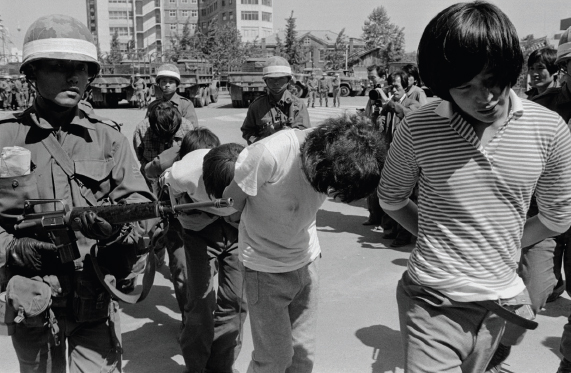
12. Protesters are taken by the army during an uprising that took place in the southwestern city of Gwangju. The Gwangju Uprising, 1827 May 1980, was part of a set of demonstrations demanding the democratization of South Korea.
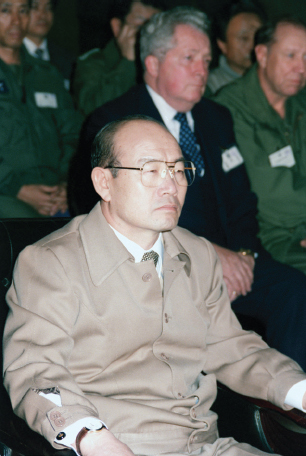
13. Chun Doo-hwan, fifth president of South Korea (198087) attending a military briefing, 1985. Chuns government, marked by violence and repression as South Koreans demanded democratic elections, also saw high rates of economic growth.
Next pageFont size:
Interval:
Bookmark:
Similar books «Shrimp to Whale»
Look at similar books to Shrimp to Whale. We have selected literature similar in name and meaning in the hope of providing readers with more options to find new, interesting, not yet read works.
Discussion, reviews of the book Shrimp to Whale and just readers' own opinions. Leave your comments, write what you think about the work, its meaning or the main characters. Specify what exactly you liked and what you didn't like, and why you think so.

